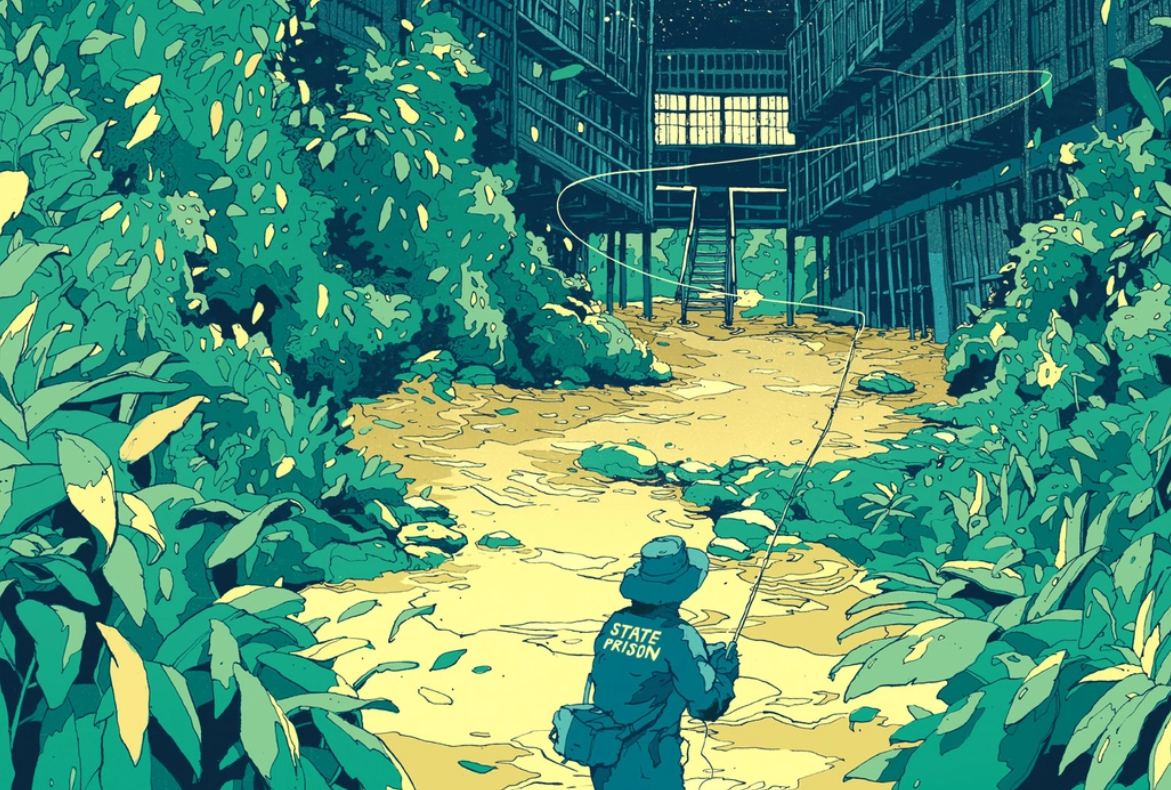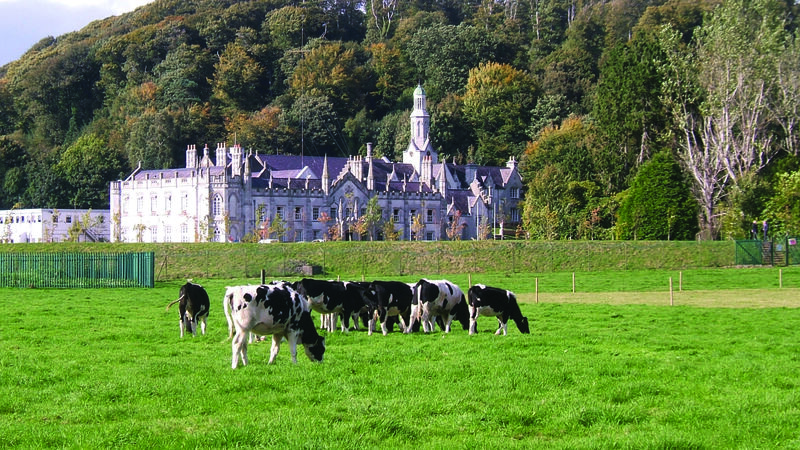Once released, the formerly incarcerated face a daunting set of challenges—a job, a place to live, and, most urgently, breaking the cycle of bad friends and bad habits that can lead to more prison time. Now scientists and activists are asking whether nature may be essential to helping them build new lives.
Rain-swollen and cloudy, the McKenzie River ran fast, and fat drops from a flint-colored sky dimpled the water. Brian* pushed his way along an overgrown trail to a small clearing on the riverbank.
He stepped onto the trunk of a fallen, half-submerged snag and edged along the rain-slick bark, a tightrope walker with a fishing pole a few miles outside Eugene, Oregon. At 39, he had spent much of his adult life in prison, mostly for drugs and theft. He had just finished a yearlong sentence for possession and wasn’t yet fully free, locked down at night but allowed out during the day for work release—or for an activity like this, which is considered therapeutic. The water on his right was quick. He flipped his fly into the deep water to his left, near the bank, and drifted it through the calm pocket.









